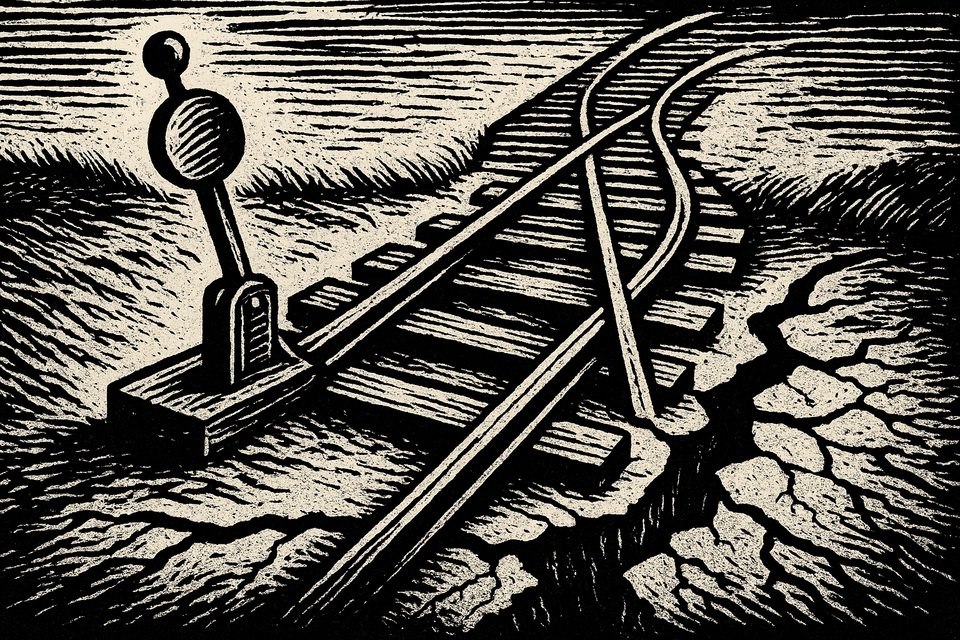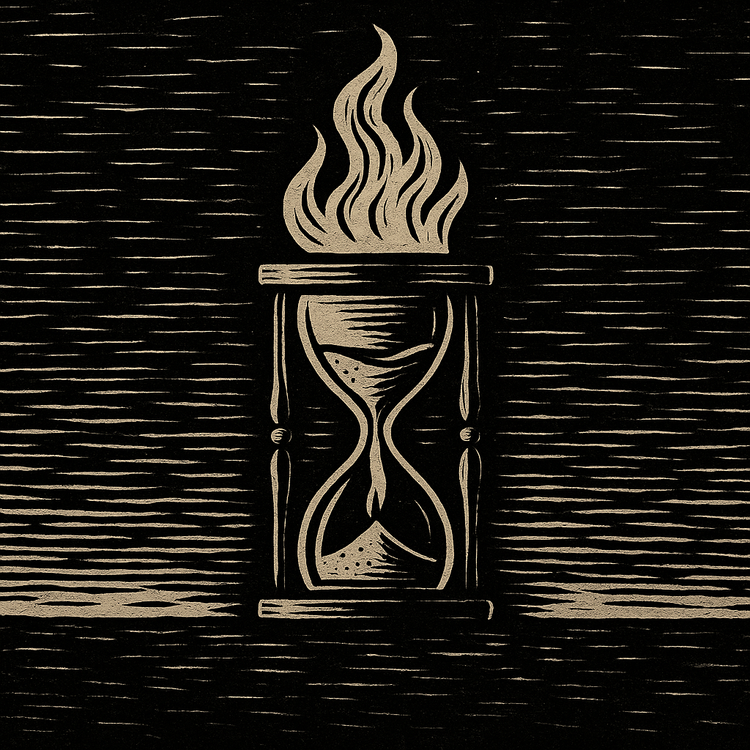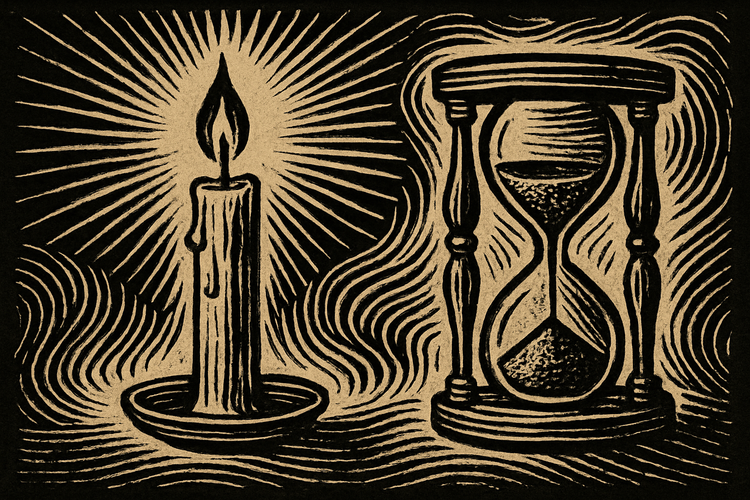The Good Place S2E5 "The Trolley Problem"

Spoiler Warning: This reflection contains full spoilers for The Good Place, including retrospective insights and thematic allusions. It assumes familiarity with the entire series and is written from the perspective of a rewatch.
Chidi’s classroom is orderly and contained until Michael decides to treat the trolley problem like a game. As a demon, he genuinely can’t grasp that “saving people” is the point—his first “solution” is the version that kills everyone. When Chidi corrects him, Michael’s punishment is to write “people = good” on the chalkboard ten more times, a lesson he copies without absorbing. To Michael, ethics is still just a puzzle with a high score, and the gap between theory and life is a tempting space for mischief. Eleanor has long noticed it; Chidi tries to bridge it. The moment is funny, but the laughter sets the thesis: this thought experiment is about to bleed, because only proximity and consequence can turn morals from ideas into choices.
Michael’s upgrade to the lesson is a full-blown, blood-and-screams simulation. One moment Chidi is in front of a chalkboard; the next, he’s gripping a lever as metal shrieks and panic floods in. The first scenarios are absurd—anonymous crowds, impossible organ-donor math—meant more to overwhelm than to teach. But Michael’s enjoyment starts to shift. The choices grow sharper and more personal: a track switch where Henry, the friend in red cowboy boots from Chidi’s memories, stands in plain view. Then the simulation pivots into the surgery problem—not a clean hypothetical, but a staged scene where Chidi must face the families of five dying patients and explain why he won’t kill one healthy person to save them. It’s cruel, intimate, and inescapable. That’s when Michael, grinning at the distress, confesses he’s been torturing again. Chidi has had enough. The lesson is over, and Michael is out of the class.
Away from the tracks, Tahani hides her new romance with Jason. For her, secrecy feels like self-protection; for him, it’s erasure. His easy warmth dims under the strain of being treated like an embarrassment, the hurt spilling out in unguarded moments. Hoping to patch things without risking exposure, Tahani turns to Janet for discreet counseling. Janet plays the part with flawless composure—until something snags. A flicker, almost a skipped frame, interrupts her rhythm. Whether it’s the residue of countless reboots or a feeling she can’t yet name, it’s a reminder that even designed beings can be unsettled by love. The moment passes quickly, but it leaves a hairline crack in the neighborhood’s smooth façade.
Exiled from class, Michael stews, still baffled at the fallout from what he insists was harmless fun. Eleanor nudges him toward making amends—not with another stunt, but with something meant for the person he hurt. Michael takes it literally, producing gifts precisely tailored to each of them. To him, this is resolution: identify the grievance, apply a treat, move on. Chidi stops him cold, calling it what it is—a bribe—and setting the true requirement: a real apology. Cornered, Michael tosses one out thick with sarcasm, then, after a beat, repeats it plainly. The second version lands: tentative, stripped of armor, just sincere enough to believe. It’s not mastery, but it’s a first step—a demon learning that repair isn’t about leverage, it’s about lowering your guard.
By day’s end, the trolley problem hasn’t claimed a life, but it has left its mark. Michael’s games show that ethics cut deepest when the stakes are personal, and his halting apology hints at the possibility of change in a creature built to resist it. In the background, Janet’s brief flicker blooms into something far more dangerous, culminating in an earthquake that shakes the entire neighborhood. What began as a private glitch becomes a public rupture, proof that denying truth can crack the ground beneath everyone. The episode leaves both threads unsettled, a reminder that in The Good Place, growth rarely comes clean. It rushes in like an oncoming trolley—loud, messy, impossible to ignore.



Comments ()